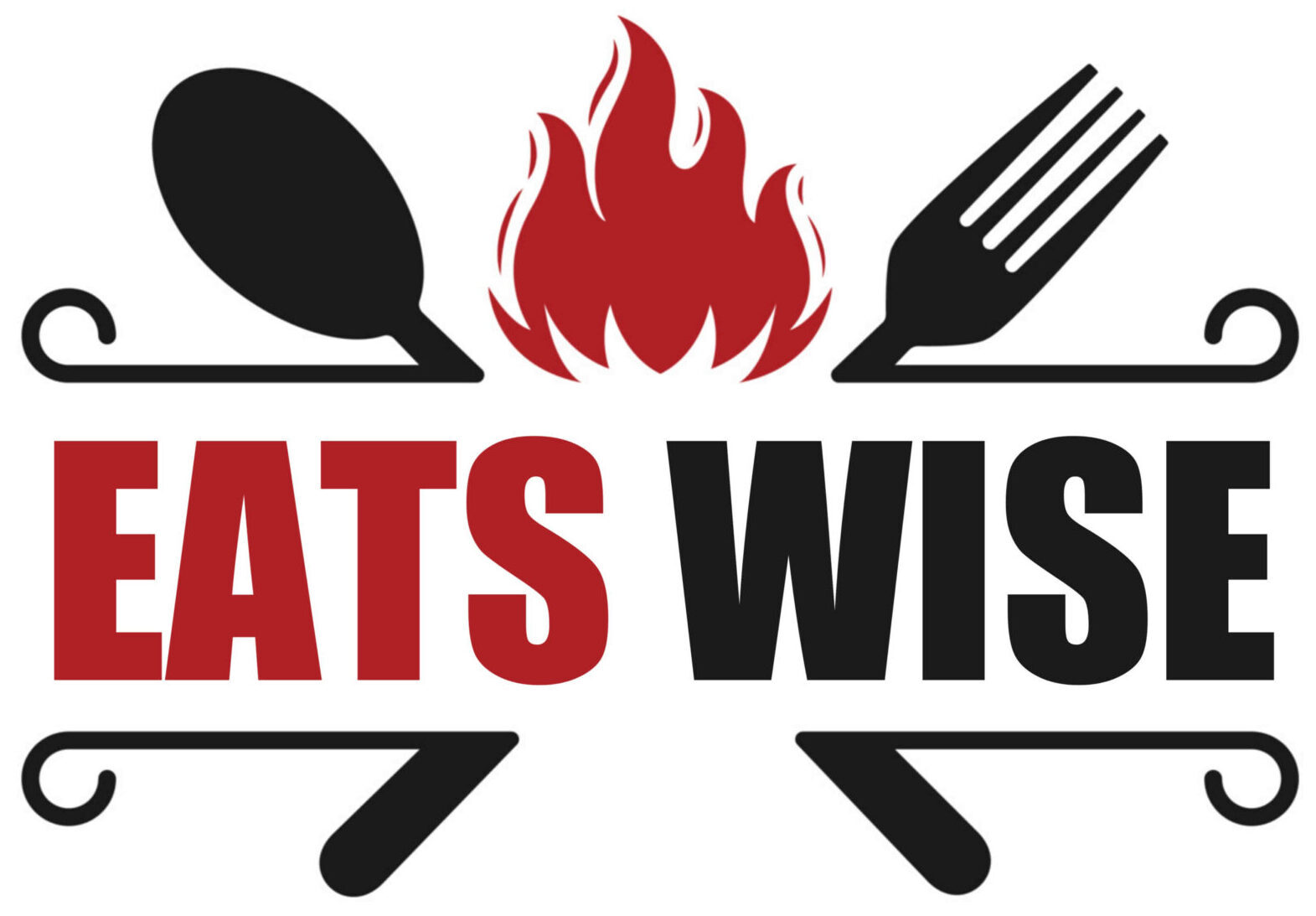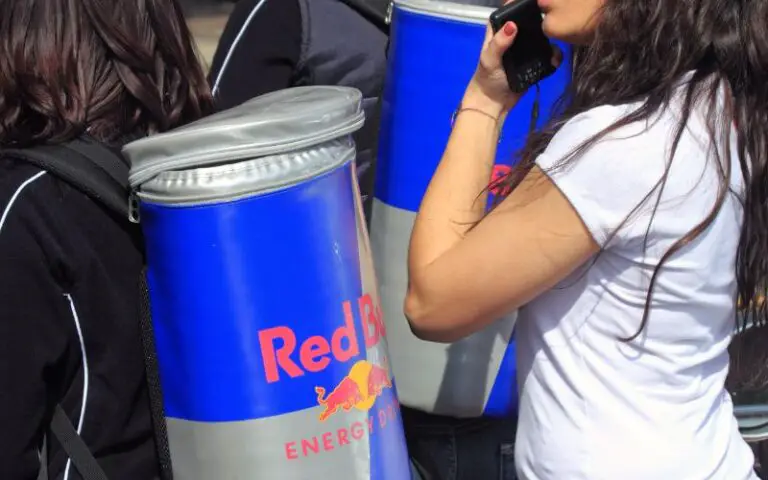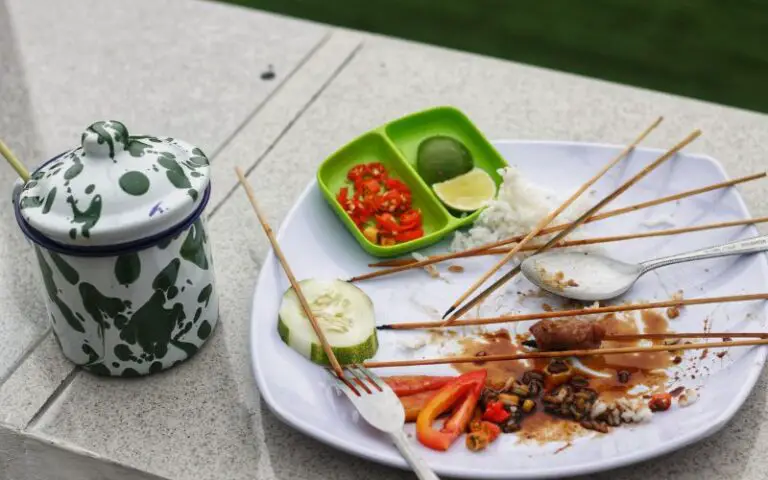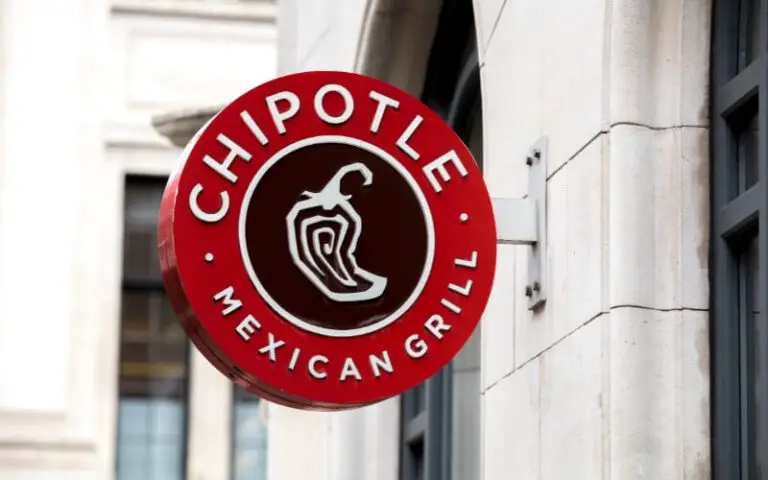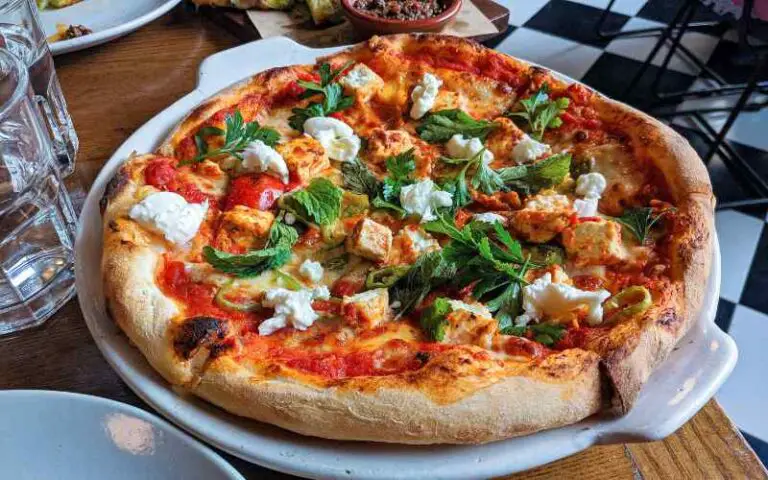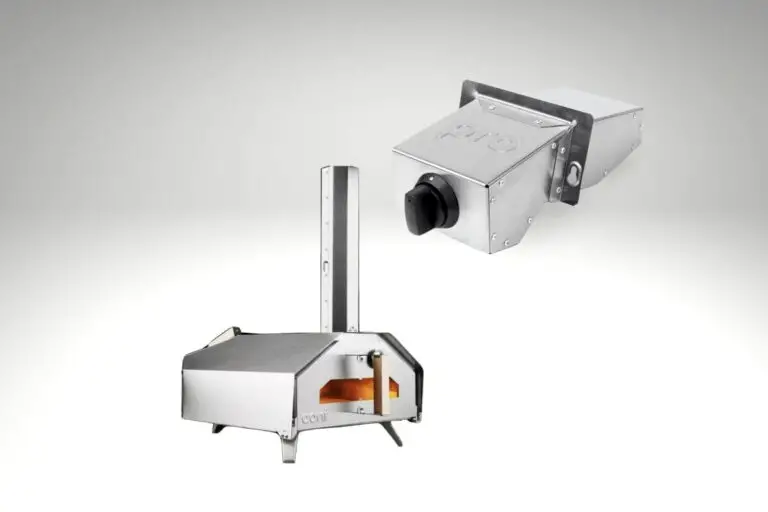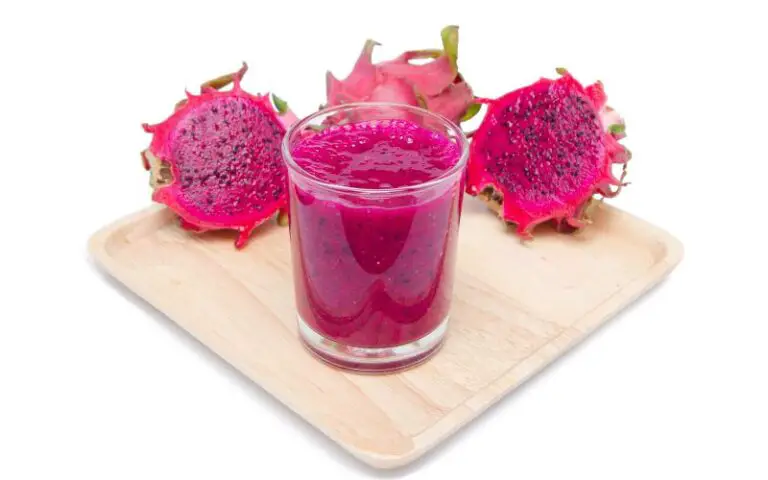Vitamin B12 in Pizza? The Truth!
Pizza is a popular fast food loved worldwide. Interestingly, but not surprisingly, pizza caters to various palates and dietary choices, including vegetarian and vegan options.
Although pizza contains a fine amount of calories, it isn’t a balanced diet, so it doesn’t have the complete set of vitamins the body needs.
Due to this, people are curious to learn about pizza’s nutritional composition. That leads to many questions, one of which is, “Does pizza contain vitamin B12?”
You can obtain vitamin B12 from pizza, but it has a few caveats. A 100-gram pizza(1 slice) has about 0.4 grams of Vitamin B12. However, a full 14″ regular crust pizza has about 3.6 micrograms of vitamin B12. This quantity can cover daily intake, but only if you eat a whole carton.
This article will explore pizza’s ingredients and nutritional composition to understand how it fits into a balanced diet and whether its components contribute to Vitamin B12 intake.
Vitamin B12 Content in Pizza
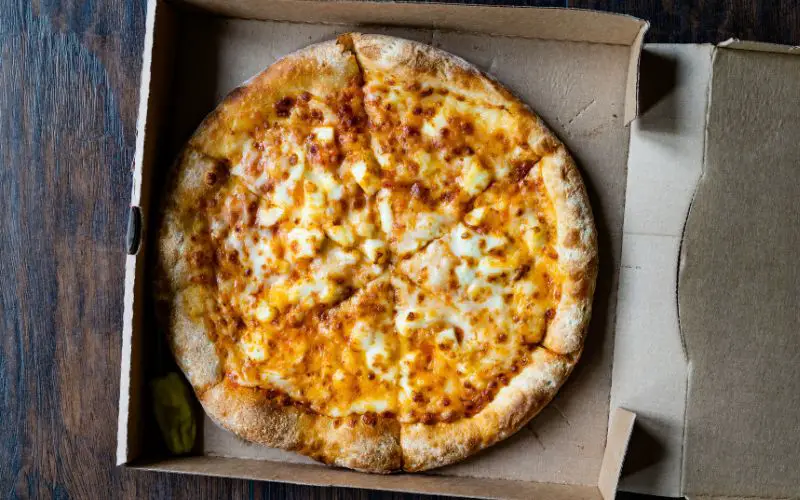
You can get about 0.4 mcg of vitamin B12 from pizza. However, how much of this nutrient you get from your slice can vary considerably.
So, let’s dive deep into the world (or perhaps the ‘crust’) of pizza nutrition to analyze the Vitamin B12 content.
Let us analyze the factors that contribute to the amount of B12 in a pizza.
Generally, a 100-gram pizza serving packs approximately 0.4 ųg of Vitamin B12, which caters to about 15% of the daily recommended value for an adult.
The following components of the pizza influence the amount of Vitamin B12.
- Pizza ingredients: Everything from dough to toppings plays a role here. So, if you want a rich pizza, pay attention to the nutritional content of your ingredients.
- Cheese vitamin B12 content: Mozzarella cheese is instrumental in packing that punch due to its relatively high vitamin levels.
Other Dietary Sources Of Vitamin B12
While pizzas could be one of the vitamin B12 in food sources, your diet should also include other foods high in Vitamin B12 for an optimal balance.
Always remember to Include meat, fish, eggs, and fortified foods for a healthier meal.
Let’s see a table comparing the Vitamin B12 content of pizza ingredients.
| Fast Food Pizza Ingredients | Vitamin B12 content Micrograms (µg) |
|---|---|
| Pizza bread | 0.8 |
| Hamburger | 1.7 |
| Taco | 0.6 |
| Burrito | 1.1 |
| Hotdogs | 0.8 |
The table above shows that pizza is one of the fast foods with the smallest B12 concentration.
Although pizza contributes to your Vitamin B12 requirements, its nutrients are not enough. Thus, you’ll have to boost your vitamin level by eating other Vitamin B12-rich foods.
As such, pizza is only part of the bigger dietary picture.
Toppings and Their Impact on Nutrients in Pizza
Topping ingredients are the main source of Vitamin B12 in pizzas.
Mighty meat toppings on pizza like beef or lean meats like chicken and turkey serve more than taste. They also bump up that crucial vitamin count.
Therefore, your choice of toppings greatly impacts the nutrients in pizza. So, let’s look at how pizza toppings, particularly meat and cheese, affect the vitamin B12 content.
#1. Mozzarella Cheese
Cheese, specifically mozzarella, is one popular topping that significantly increases pizza’s contribution to our daily Vitamin B12 intake.
While many people love mozzarella for its creamy texture and ability to melt flawlessly over pizzas, you’d be surprised to learn about its Vitamin B12 content.
Not only does it add flavor, but it also fortifies your pizza with this essential nutrient.
#2. Meat Toppings
Adding meat toppings to pizzas can be a game-changer. Chicken, turkey, lean beef, or even seafood contribute to raising the vitamin levels.
Remember, while considering these options for augmenting Vitamin B12 levels in pizza, always use lean meat or low-fat cheese.
This way, you will get all the vitamins without extra calories.
Fast Food vs Homemade: Comparing the Vitamin B12 Levels in Different Types of Pizzas
Regarding the vitamin B12 content in pizza, both fast food and homemade varieties have different quantities.
Fast-food pizzas have good vitamin B12, while homemade pizza’s B12 concentration depends on your recipe.
#1. Fast Food Pizzas
Fast food pizzas, which can include frozen options, do contain Vitamin B12.
While much depends on the type and quantity of toppings used, these pizzas generally employ ingredients rich in B12.
Mozzarella cheese is a prime example of one of the major vitamin B12 sources.
Common meat toppings on pizza, like poultry and lean meats, also significantly raise vitamin content.
#2. The Homemade Pizza
Switching gears to homemade pizzas offers an opportunity for control over ingredients that affect nutrients in pizza, including Vitamin B-12.
Typical fast-food choices no longer bind you; instead, you have free rein over your desired quantity and quality of toppings.
You can influence the concentration of Vitamin B12 by adding yeast and other wholesome foods like fish.
Incorporating Other Foods High in Vitamin B12 for Optimal Health
While pizza does contribute to our vitamin B12 intake, it’s crucial to understand the importance of a balanced diet.
Pizza ingredients, like cheese and meat toppings, contain helpful amounts of vitamin B12.
However, relying solely on pizza for this essential nutrient might leave your diet lacking.
#1. Why Variety Is Key
Eating a balanced diet provides our bodies with an array of nutrients from various sources.
It also includes Vitamin B12 sources such as meat, particularly lean meats like chicken and turkey, which are excellent sources of Vitamin B12.
If you are vegan or prefer plant-based options, fortified nutritional yeast is a great source of Vitamin B12.
Incorporating these foods can help ensure we’re meeting our daily recommended value and balancing out nutrients in our diets.
#2. Pizza Nutrition Facts Vs. Other Food Sources
Per 100 grams of pizza, about 0.4 micrograms of Vitamin B12 are present, constituting roughly 15% of an adult’s recommended daily intake.
However, comparing this with other food items, a piece (85 grams) of chicken breast contains about 0.31 micrograms.
A cup (243 ml) of serving milk contains 1.2 micrograms of Vitamin B12.
That sets a fine example and helps illustrate that while pizza does add value nutritionally, it’s still important to consume a broad range of dietary sources of Vitamin B12.
So, if you’re a pizza lover, supplement it with lots of vitamin-rich foods so you don’t develop vitamin deficiency.
